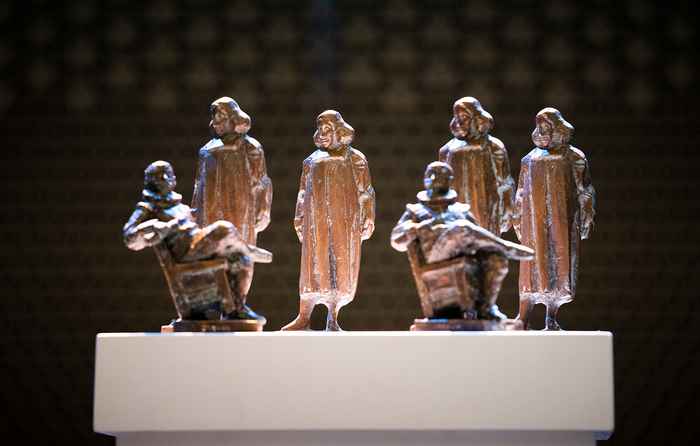Prestigious Spinoza Prize for UvA professor Joyeeta Gupta
7 June 2023

The NWO selection committee was deeply impressed by the scientific impact of Gupta's knowledge and called her research 'incredibly broad and interdisciplinary'. Gupta researches how we can solve issues arising from climate change through good governance. At the core of her research is an attempt to unravel the connections between the climate crisis, global water challenges, possible solutions and justice. To this end, her work brings together various scientific disciplines, from international law and economics to political science, development studies and environmental studies.
'Fantastic news,' said Peter-Paul Verbeek, Rector Magnificus of the UvA. ‘Justice for both people and the planet is the common thread in Joyeeta's work. She is relentlessly committed to climate justice, always looking beyond the boundaries of disciplines, realising that this is the only way to approach the climate issue. We are extremely proud of Joyeeta and of her receipt of the Spinoza Prize.'
'It is wonderful to see this recognition of Joyeeta's work and her unbridled commitment, not only within our faculty, the UvA and the Netherlands, but around the whole world,' says Agneta Fischer, dean of the Faculty of Social and Behavioural Sciences. ‘Joyeeta's research is driven by her belief in a just and sustainable world. She is one of the most inspiring speakers I know, and an inspiration to many. I am incredibly proud and happy that she is one of us.'
Career
Gupta has been professor of Environment and Development in the Global South at the UvA since 2013. She is also a professor at the IHE Delft Institute for Water Education. She studied at Delhi University, Gujarat University and Harvard Law School, and obtained her PhD from Vrije Universiteit Amsterdam. In addition to her professorship, Gupta is co-chair of the Earth Commission, founded by Future Earth and supported by the Global Challenges Foundation. She was also lead author of the Intergovernmental Panel on Climate Change (IPCC) between 1988 and 2014, which shared the 2007 Nobel Peace Prize with Al Gore. Previously, she was co-chair of the United Nations Environment Programme's Global Environment Outlook-6. Gupta has authored many scientific publications and has served on the scientific steering committees of various different international programmes, including the Global Water Systems Project and Earth System Governance.

Fellow laureates
In addition to Gupta, Toby Kiers, professor of Mutualistic Interactions at Vrije Universiteit Amsterdam, will receive a Spinoza Prize this year. This year's winners of the NWO Stevin Prize are: Bram Nauta, professor of Integrated Circuit Design at the University of Twente, and Corien Prins, professor of Law and Informatisation at Tilburg University. The quality of the researcher is paramount for both the Spinoza and Stevin Prizes, but where the Spinoza Prize focuses on scientific work and fundamental issues, the Stevin Prize primarily honours social impact.
Twelfth UvA laureate
The Spinoza Prize has been awarded annually since 1995. Gupta is the twelfth UvA researcher to receive the award. Astronomer Ed van de Heuvel (1995), logician Johan van Benthem (1996), physical chemist Daan Frenkel (2000), biologist Ronald Plasterk (1999), physicist Robbert Dijkgraaf (2003), astronomer Michiel van der Klis (2004), mathematician Lex Writer (2005), cultural historian Joep Leerssen (2008), communication scientist Patti Valkenburg (2011), theoretical physicist Erik Verlinde (2011) and anthropologist Annemarie Mol (2012) preceded her.